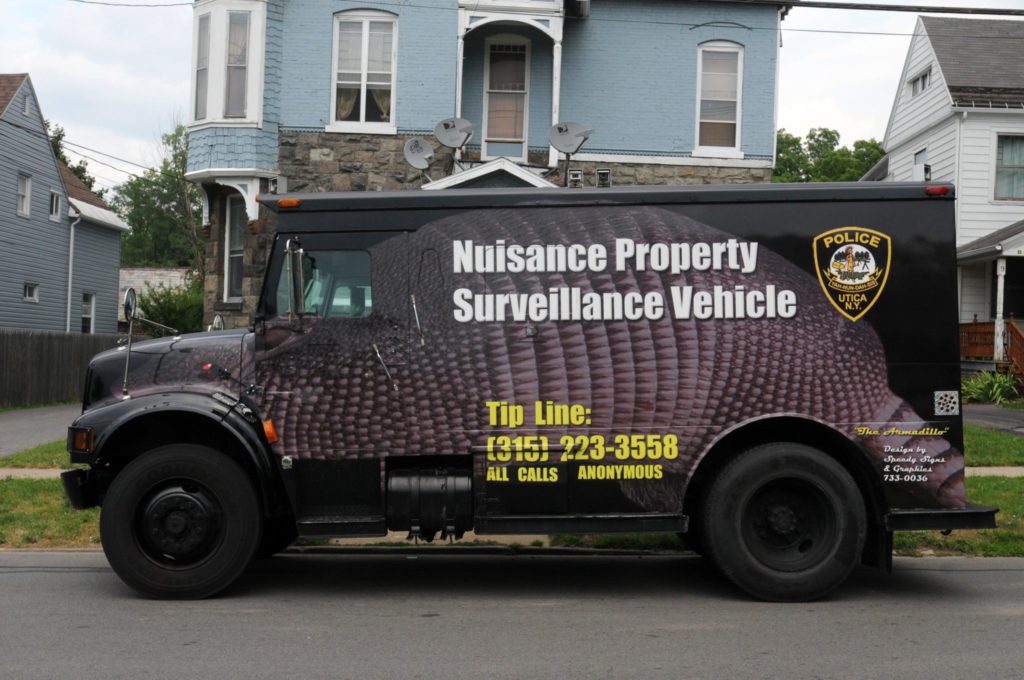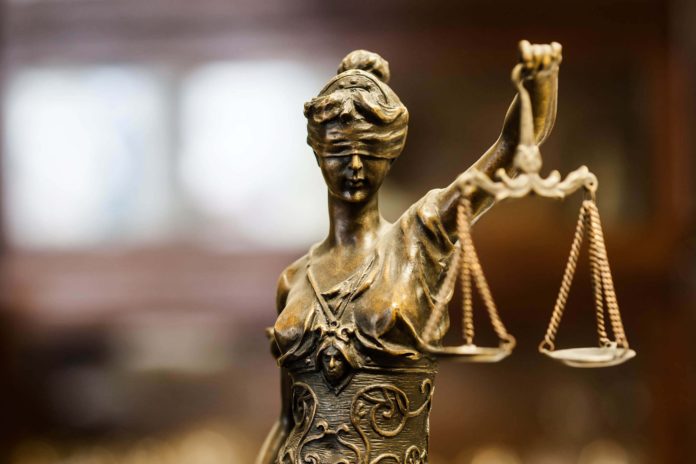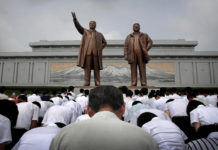H
By Michael McCarthy
Author of
the Libertarian / Free Market thrillers
The Noah Option and The Rainbow Option
Ban plastic straws. Ban listing any drink choices other than water and milk on children’s menus in restaurants. Ban aircraft. Ban private automobiles. Ban flag flying in your yard. Ban any disagreement in the name of “hate speech.” Ban wearing brightly colored clothing. Ban, ban, ban.
There are seemingly good reasons and good intentions behind each of these bans, real or proposed. Each ban will be enforced by the coercive power of law and punishment, of course.
Must there be a law for everything?

Consider this thought experiment: A tree limb falls on a golf course. I turn my ankle stepping over it to hit my ball out of the rough. “Unsafe!” I cry. “There oughta be a law!” I shout. “Fallen tree limbs are a safety hazard to the ankles of every golfer who hits into the rough, like me! I demand a solution from government! Nobody can solve problems except government, through government laws and power! Outlaw trees on the grounds of all golf courses! Grass only! Cut ‘em all down!”
Unintended consequences: fewer CO2 absorbing trees across America. Uglier golf courses.
The guru of statistical process control who inspired the Quality Revolution in Japan (that crossed back into America) was W. Edwards Deming. With his analysis of statistics, Deming determined that “special causes” (a.k.a. hard cases) of variation are rare and do not require an entire system to be adjusted to eliminate them. He called making adjustments to each instance of variation “tampering” and demonstrated how it threw the system further out of control, resulting in even worse results. Drivers know this phenomenon as “over-correcting” when you steer around an obstacle in the road.
The legal equivalent of this concept is “make a law against every possible bad thing I don’t like.” For example, when the brilliant electrical engineers in Congress decided to outlaw incandescent light bulbs (because of the amount of energy they consumed) they pushed CFLs: Compact Fluorescent Lightbulbs. Just one problem: CFLs contain mercury. When they break, they release toxic mercury into your home. According to some government regulations, you should evacuate your house and call a HAZMAT team in to clean it up. Because you dropped a lightbulb! Reduce energy consumption by bringing a toxic substance into your home! Another unintended consequence.
Supreme Court Chief Justice Oliver Wendell Holmes Jr. famously said, “Hard Cases Make Bad Law.” This is the legal equivalent to Deming warning us not to tamper with the system because of rare problems. “Hard Cases” are unusual and extreme situations that legally should be dealt with on a case by case basis. When you try to make universally applicable law based on the rare and extreme hard case, it is almost always bad law. As in cutting down all trees on or near golf courses. Or bringing mercury into your home contained in a thin and fragile glass light bulb.
So, must there be a law for everything? NO!
The only people who want more laws are what I call the most dangerous people on the planet: Busybodies with government power.

http://kisstheschoolbondgoodbye.com/wp-content/uploads/2014/04/shame-on-you-wagging-finger.jpg +X!��Y
























